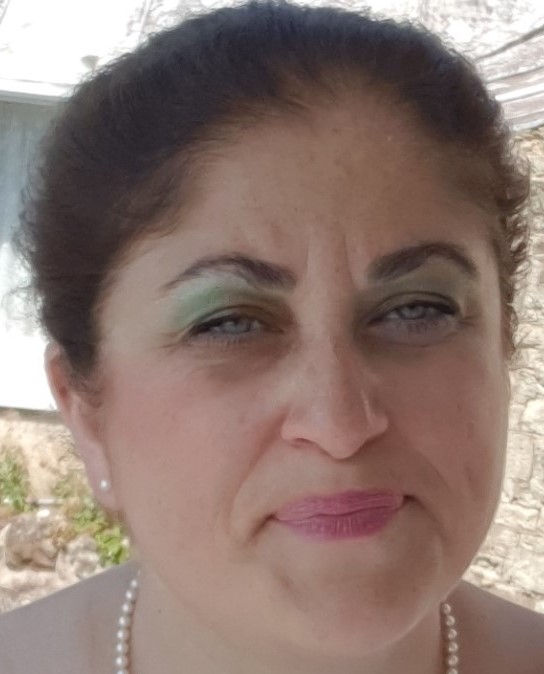

For International Women in Engineering Day 2021, we spoke to a number of selected women to learn more about their journey within the industry. Today, we speak to Dr Marie Kanayan CEng (MCIHT), Senior Project Manager at Coventry City Council (Waterman Aspen).
My journey has been very unconventional and probably shows that after many years of hard work and determination one can gain new skills and build a new professional identity. I initially gained double masters in geography and town planning, and construction and local authorities management at the Sorbonne University in France. In 2005, I left my job as an academic specialised in cultural geography in France and permanently moved to the UK to live with my partner whom I met when we were PhD students in Oxford. I started all over again as a graduate transport planner and learnt about traffic modelling in Bath. In 2006, I joined WSP (formerly Mouchel) as a highways engineer working on traffic management and cycling schemes in South Gloucestershire and Bristol, and improvements to bus routes in Bournemouth and Poole. In 2014, I joined Waterman Aspen as a senior engineer and was seconded to Oxfordshire County Council as one of the sponsors for the delivery of Major Projects. I was involved from detailed design to completion of construction under NEC3. In 2018 – 2019, I was seconded to Milton Keynes Council as the project manager for the delivery of the new UTMC which was my first major scheme specific to technology and innovation. Since 2019, I have joined the team working on the Coventry Station Master Plan.
Each day is different as there is no routine.
I thoroughly enjoy trying to come up with simple solutions for a complex project or situation. Most engineers want to learn about new techniques or methods of design or construction to deliver the best possible project in the interest of the community.
Each day is different as there is no routine. I thoroughly enjoy trying to come up with simple solutions for a complex project or situation.
Over the years I have noticed a very positive change as a greater number of female colleagues work in design teams. It is indeed a pity that we are still under-represented in the construction industry which may appear more ruthless than a more traditional office environment.
I have had to adapt to a new sector in a foreign country speaking a foreign language whilst building a family life.
Over the years I have noticed a very positive change as a greater number of female colleagues work in design teams.
We may debate for hours about the differences of talent between men and women. I still think a woman may bring a bit more humanity and sensitivity to a project or a team.
I am immensely fortunate that my family, my teachers and tutors, always encouraged and supported me as a girl then a woman to think that nothing is impossible. Men have also contributed to a mini-cultural revolution over the past 15 years when they realised their daughters, partners, sisters or female friends were as capable (if not more!) as they were.
Be passionate, be curious to learn every day, make a contribution to the society.
Leonardo da Vinci. He was a visionary who inspired and influenced generations of artists, inventors, or engineers to make the impossible become real.
I will hopefully be involved in exciting new projects, continue working with amazing people and share my knowledge and experience with colleagues.
We may debate for hours about the differences of talent between men and women. I still think a woman may bring a bit more humanity and sensitivity to a project or a team.
Be passionate, be curious to learn every day, make a contribution to the society.

The opinions expressed are those of the author. They do not purport to reflect the opinions or views of the CIHT or its members. Neither the CIHT nor any person acting on their behalf may be held responsible for the use which may be made of the information contained therein.